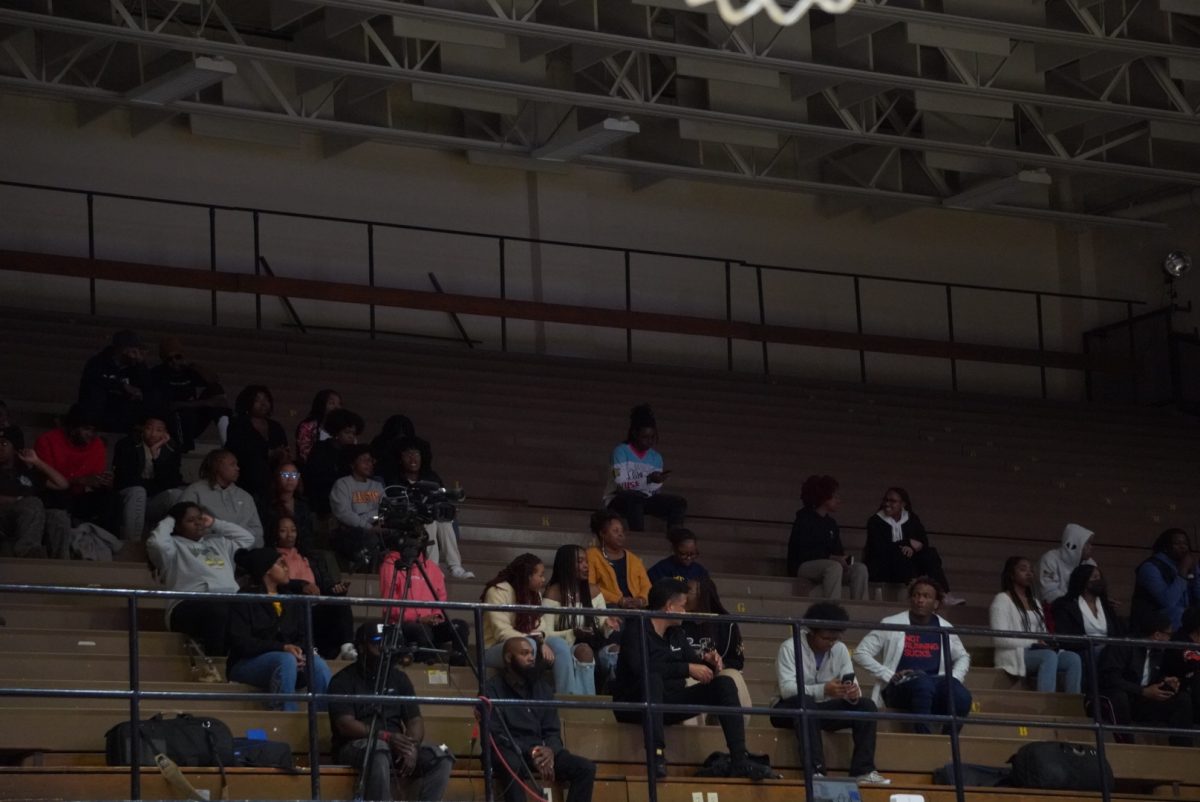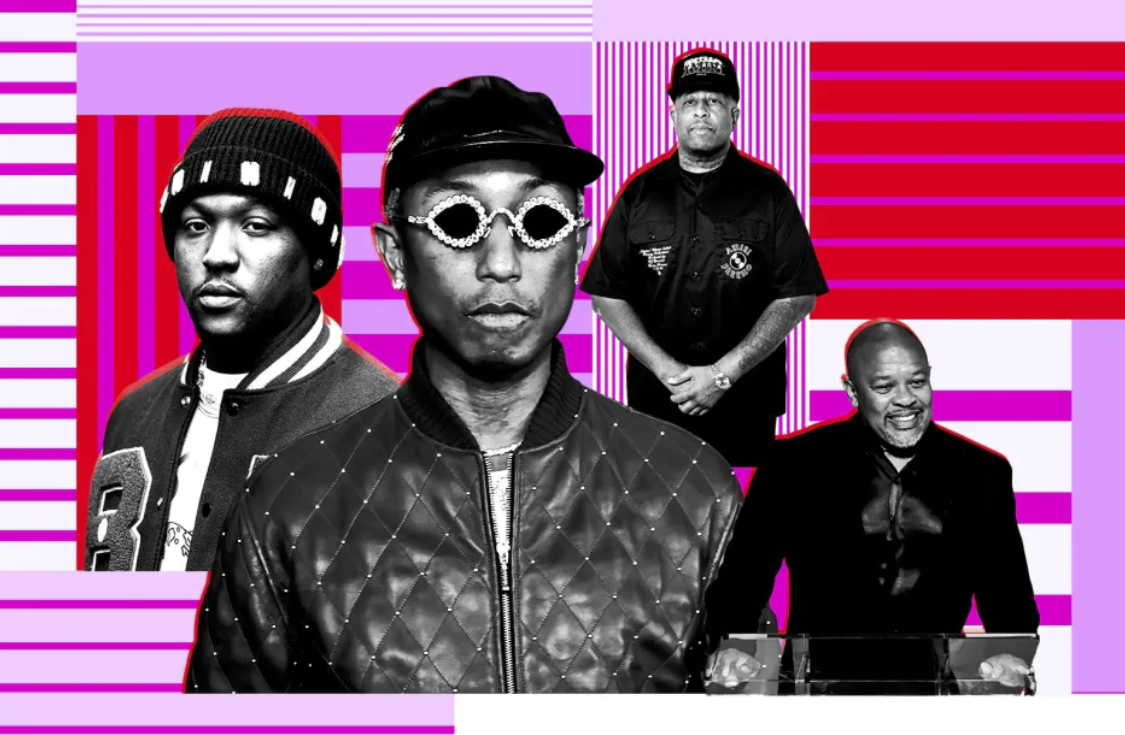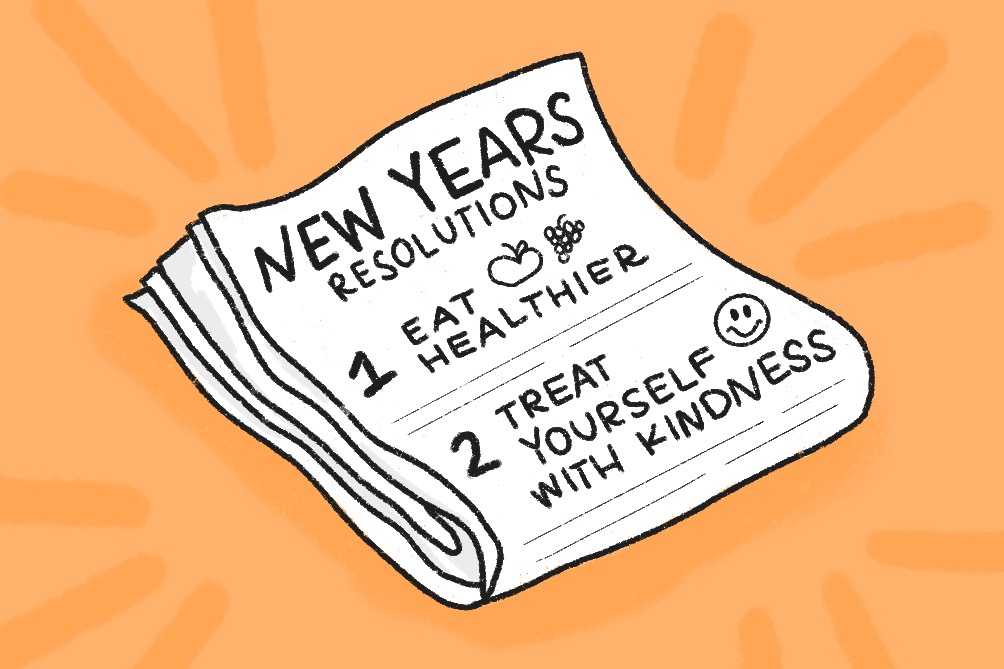Meagan Jordan – Editor-In-Chief:
My mother thinks I am hypersexual because I get tested every three to six months for sexually transmitted diseases; a routine I committed myself to follow after one of my closest friends was diagnosed with HIV.
“You don’t have to have sex with every Tom, Dick, and Harry to feel beautiful,” my mother warned.
In my eyes, my mother was calling me a floozy, for lack of a better word. I was confused by her ridicule. For one I did not know a Tom, Dick, or Harry. My mom insinuated that I was getting tested as a result of my multiple partners. Although her suggestion was false, what did it matter anyway?
Later, I learned in my black sexuality class that her antics, although extreme, were an attempt to save me from the criticism of “society,” which brings about the question “who is society?” And why do we care about what they think when they do not even know who we are?
When preparing for this publication, and passing out the questionnaires regarding sex, I could not help but to be disappointed by the student body. It baffled me that the same students, who subscribe to magazines that feature the same questionnaires, watch television shows influenced by sex, and have conversations among their friends, were ashamed to talk about their sexuality.
Many of you, majority women, said The A&T Register was “doing too much.” Where did this notion of shame come from? I find it contradictory that many of us can tune into “Sex and the City,” and read Cosmo, Zane novels and the “50 Shades of Grey” trilogy, but cannot have an open conversation regarding sex and STDs.
“We still don’t want to talk about sex. African Americans have been pathologized,” said Robert Randolph, an English professor at N.C. A&T, who teaches Topics in Literature: The Poetics of Black Sexuality.
“Black women’s sexuality is over-policed. We are dealing with the politics and respectability. Our sexuality is still attached to racist ideology, and our religious affiliations don’t allow us to talk about sex and our sexuality,” Randolph said.
An article written by Stacey Patton called “Who’s Afraid of Black Sexuality?” discusses the negative associations that come along with blacks and their sexuality. Race and sex has always been a tricky combination to discuss.
According to Patton, black sex was long defined as “queer” behavior. With black sex once being considered taboo, stereotypes such as freakish feminine body proportions, asexual mammies, Jezebels, and the hypersexual black males who constantly lusted after white women were common. To steer away from these stereotypes it has been hard for the black community to discuss the topics of AIDS, incest, homosexuality, homophobia, domestic violence and sexual abuse within the churches; however, slowly these topics are beginning to be discussed.
Rapper Nicki Minaj received backlash, especially from the black community, after she featured her butt on “Anaconda” her single’s cover.
One father wrote her a letter stating, “Now, the most popular, current black female rapper starts overly pushing her hyper-sexualized image again? I’m trying to raise a young girl that will eventually grow into someone greater than the both of us…Is this the path you want to lead impressionable kids down?”
Although parents want to protect their children, shielding them from life’s realities will only result in them learning by a different method.
“It’s like Nicki Minaj don’t show your butt so we don’t have to have intellectual conversation,” said Randolph, who believes Minaj’s cover is a teachable moment.
I am not interested in showing my body parts via social media, but I do not knock women who have the confidence to do so. I certainly do not believe that black women who do so set the overall standard for all black women. After all Sports Illustrated has white women showing their rear-ends.
The time to talk about black sex and sexuality is now. It is time to stop being oppressed and comparing ourselves to a society that we dominate. Granted, some of us are more sexual than others, but we all possess sexuality.
In appreciating our sexuality, I believe we can have equality and a newfound love for our culture.






